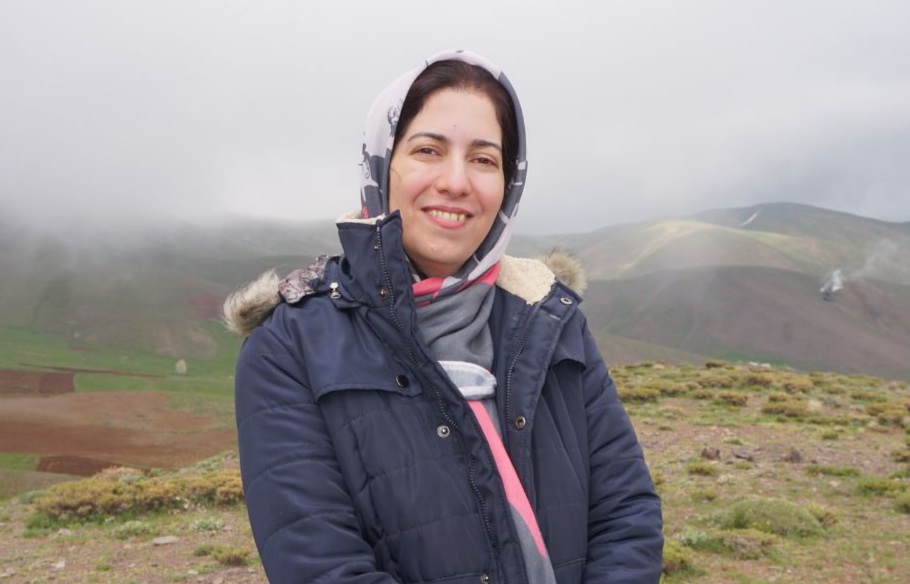Courses
Quantum mechanics is the branch of physics that explores the behavior of matter and energy at the smallest scales. Quantum mechanics unveils the fundamental nature of reality and has many applications in science and technology. In this course, we will learn the basic principles and methods of quantum mechanics, such as the Schrödinger equation and its solutions, the uncertainty principle and its implications, the measurement problem and its interpretations, the symmetry in quantum mechanics and its consequences, the spin and the angular momentum theory, the approximation methods to solve the Hamiltonians. In the last semester, we will learn how to deal with many-body quantum systems, such as the second quantization and its formalism, the density functional theory (DFT) and its applications, a brief introduction to quantum field theory (QFT) and its concepts, the relativistic quantum mechanics and its corrections.
We will use the textbook “Modern Quantum Mechanics” by J. J. Sakurai, which provides a comprehensive and rigorous introduction to the subject.
Superconductivity is a phenomenon in which a material can conduct electricity without any resistance below a certain critical temperature. Superconductors have remarkable properties and applications, such as the Meissner effect, the Josephson effect, and the quantum Hall effect. In this course, we will learn the microscopic origin and the macroscopic consequences of superconductivity, using the lecture notes “Superconductivity” by Timm. The course will cover the following topics: Basic experiments and phenomenology, London Theory, Ginzburg-Landau theory, vortices, Cooper problem, and pairing instability, BCS wave function, ground state energy, Quasiparticle excitations, and energy gap, Thermodynamics, and specific heat, Tunneling and Josephson effects, Nuclear magnetic resonance, and Knight shift, Unconventional superconductors, Bogoliubov-de Gennes equation and BdG Hamiltonian, Andreev reflection and bound states, Topological superconductors, and Majorana fermions.
Condensed matter physics is the study of the properties and phenomena of matter in its solid and liquid forms. In this course, we will learn the basic concepts and methods of condensed matter physics, such as crystal structures, Reciprocal lattice and Brillouin zones, lattice vibrations, Specific heat and thermal conductivity, Debye model and Einstein model, Free electron gas and Fermi energy, Sommerfeld model and Pauli paramagnetism, Wiedemann-Franz law, Drude model, electronic bands, Bloch’s theorem and band structure, Nearly free electron model, tight-binding model, metals, insulators, and semiconductors, Impurities and magnetism, exchange interaction, Curie-Weiss law and a brief introduction to mean-field theory.
Reference book: “The Oxford Solid State Basics” by Steven H. Simon.

